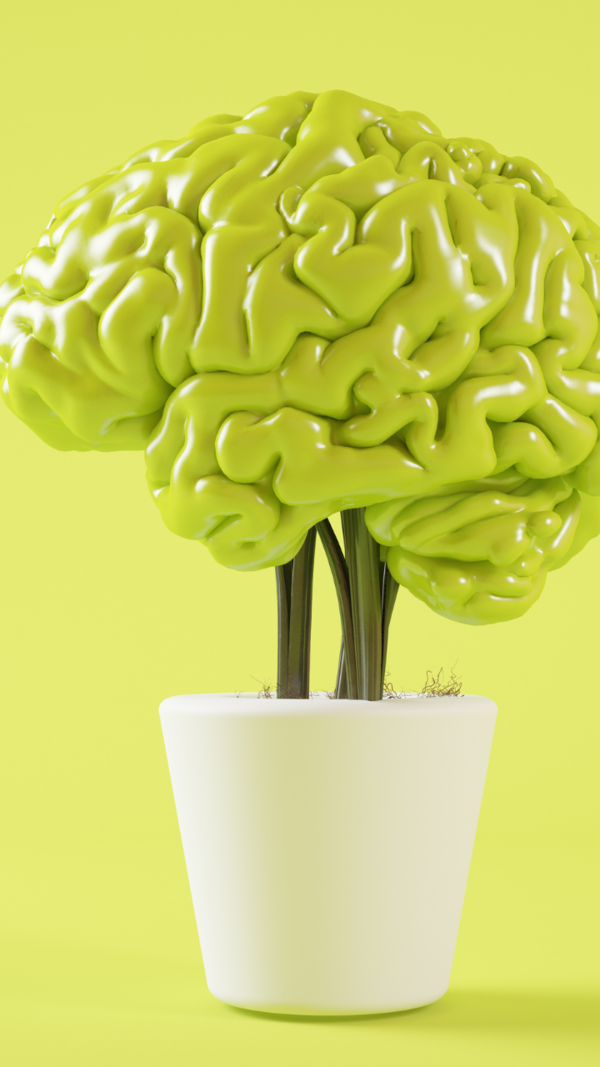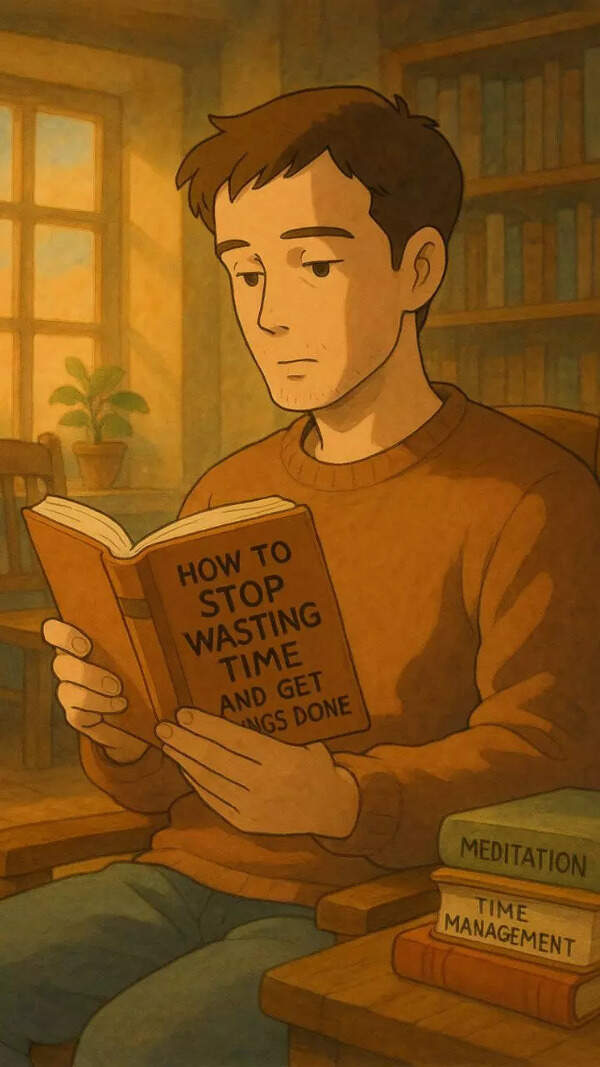Trending
5 symptoms that your hair fall is not normal
Experiencing hair fall is common, but excessive shedding signals underlying issues. Sudden hair loss, thinning, or bald spots warrant attention, potentially indicating conditions like alopecia or hormonal imbalances. Breakage, itchy scalp, and lack of regrowth are also concerning. Early professional help is crucial for reversing damage. Nourishing diet, gentle hair care, and stress management can aid recovery.
Let’s be honest, hair fall is something most of us experience. Whether it’s a few strands in the shower or a few more on your hairbrush, some hair loss is completely normal. In fact, losing 50 to 100 strands a day is considered part of the natural hair cycle. But when the shedding gets excessive, or comes with other changes, it might be your body’s way of waving a red flag. So, how do you know if your hair fall is something more serious? Here are five symptoms that indicate your hair fall isn’t normal and needs attention.
Sudden and excessive hair shedding
If you feel like your hair fall has gone from “normal” to “what’s going on here?” - you’re not imagining things. Sudden hair shedding, especially when you notice large clumps coming out while combing, washing, or even when simply running your fingers through your hair, can signal an underlying issue. This is especially true if the hair fall increases drastically over just a few weeks or days. This condition is called telogen effluvium, and it’s often triggered by stress, illness, post-pregnancy hormonal changes, rapid weight loss, or a major lifestyle change. If your pillow and bathroom floor are suddenly full of strands, it’s time to investigate further.
Noticeable thinning or bald spots
Hair fall becomes concerning when it leads to visible thinning or patchy bald spots on your scalp. These changes are not just cosmetic- they may point to conditions like alopecia areata, an autoimmune disorder that causes the body to attack hair follicles, or even androgenetic alopecia, commonly known as female-pattern or male-pattern baldness. For women, a widening hair part or a visibly thinner ponytail is often the first clue.
Poll
Have you noticed an increase in your hair fall recently?

If you can see more of your scalp than usual, especially around your crown or hairline, consult a dermatologist or trichologist without delay.
Hair is breaking easily
Breakage and hair fall are not always the same thing. If your strands are snapping halfway rather than falling out from the root, your hair is likely weak and brittle. Excessive styling, bleaching, colouring, or heat exposure can lead to damage that causes hair to break before it has a chance to grow. Poor nutrition and protein deficiencies can also weaken hair shafts. If you notice split ends, rough texture, or shorter broken strands, your hair may need a serious rehab in the form of deep conditioning, protein-rich masks, and a break from harsh treatments.
Itchy, flaky, or inflamed scalp
Your scalp health is directly tied to your hair health. An itchy, red, inflamed, or flaky scalp could be a sign of infections, dandruff, seborrheic dermatitis, or even scalp psoriasis- all of which can contribute to unusual hair fall. A compromised scalp environment means your follicles aren’t able to support strong, healthy hair growth. If your scalp constantly feels irritated or you notice flakes along with hair loss, it’s time to stop using random anti-dandruff shampoos and visit a dermatologist. Treating the root cause (literally!) will help bring your hair fall under control.
Hair is not growing back
Noticing a little hair fall now and then is normal, but new hair usually grows back in its place. If you’ve been shedding hair for months and see no signs of regrowth like baby hairs along your hairline or scalp it’s a sign something’s off. Lack of regrowth could mean your hair follicles are lying dormant or becoming inactive due to hormonal imbalance, thyroid issues, nutritional deficiencies, or even chronic stress. Watch out for thinning that doesn’t improve over time and take note of any other symptoms like fatigue, weight gain, or changes in menstrual cycle, they may be related.
When to seek help
If you identify with any of the above symptoms, don’t panic—but don’t ignore them either. The earlier you get professional help, the better your chances of reversing the damage and getting your healthy hair back. A dermatologist or trichologist will likely assess your diet, lifestyle, hormone levels, stress, and scalp condition before suggesting treatments or supplements.
What you can do in the meantime
Nourish from within: Make sure your diet includes enough protein, iron, zinc, omega-3 fatty acids, and biotin.
Be gentle: Avoid harsh brushing, tight hairstyles, and excessive heat styling.

Scalp care is key: Use mild shampoos, massage your scalp regularly to boost circulation, and treat dandruff promptly.
Check your stress: Meditation, sleep, and regular exercise can help manage stress-induced hair fall.
Consider blood work: A full panel can identify vitamin deficiencies or thyroid problems.
Hair fall is something many of us deal with but it’s not something you have to accept if it feels abnormal. Trust your instincts, if something feels off, it probably is. Your hair is a reflection of your overall health, and paying attention to it can often reveal deeper issues that need addressing. Don’t wait for the bald patches to show up - take action early, and you’ll be glad you did.
End of Article
Follow Us On Social Media
Visual Stories
Tired of too many ads?go ad free now










